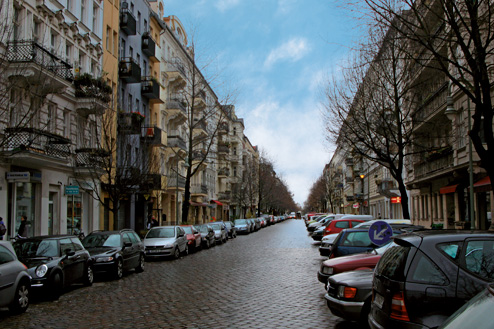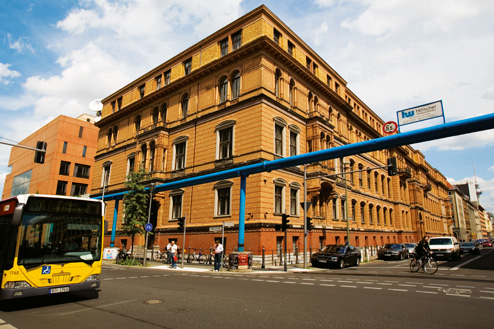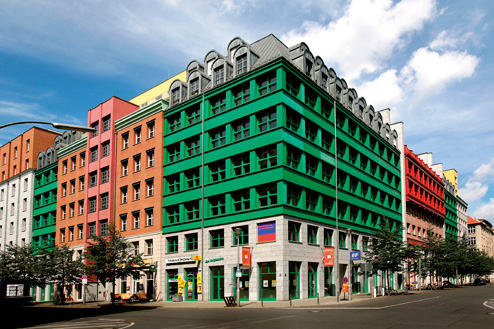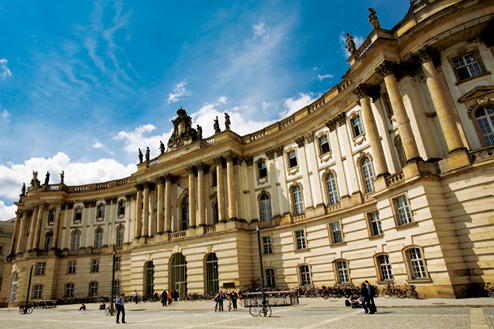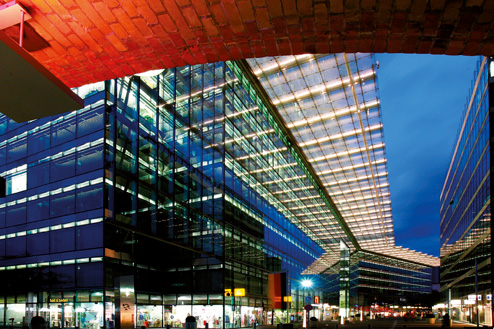Considering The City
Considering Berlin
Berlin’s bumpy past has conspired to make it one of Europe’s most accessible cities: it’s cheaper than London, less clubby than Paris and has more English speakers than Barcelona. When the Berlin Wall fell, it opened up an entire city once off-limits to most. Newcomers had the opportunity to feel like pioneers, while taking part in the transformation of the city. All the change and tumult kept rents down, sparking an underground arts and music scene that continues to colour Berlin’s cultural offerings. But it’s not just rents that are cheap; Germans don’t like to own their abode, so flats can be had at prices that would seem a steal elsewhere. Foreigners have recently started padding their portfolios with Berlin property, pushing prices up, but don’t let that stop you from joining the ownership bandwagon.
If your career is creative, you’ll be moving into a town of colleagues. If you have to wear a suit, you might suffer the occasional glance, but will easily be able to afford the best Berlin can offer. The downside: few companies wanted to be located here and a post-unification recession has kept them away. If your job involves interaction with other companies, plan to be on the road a lot. Even in creative jobs, German working environments are much more formal than their Anglo-Saxon brethren, so be prepared for a cold reception that never gets more than lukewarm.
Berlin’s bumpy past has conspired to make it one of Europe’s most accessible cities: it’s cheaper than London, less clubby than Paris and has more English speakers than Barcelona. When the Berlin Wall fell, it opened up an entire city once off-limits to most. Newcomers had the opportunity to feel like pioneers, while taking part in the transformation of the city. All the change and tumult kept rents down, sparking an underground arts and music scene that continues to colour Berlin’s cultural offerings. But it’s not just rents that are cheap; Germans don’t like to own their abode, so flats can be had at prices that would seem a steal elsewhere. Foreigners have recently started padding their portfolios with Berlin property, pushing prices up, but don’t let that stop you from joining the ownership bandwagon.
If your career is creative, you’ll be moving into a town of colleagues. If you have to wear a suit, you might suffer the occasional glance, but will easily be able to afford the best Berlin can offer. The downside: few companies wanted to be located here and a post-unification recession has kept them away. If your job involves interaction with other companies, plan to be on the road a lot. Even in creative jobs, German working environments are much more formal than their Anglo-Saxon brethren, so be prepared for a cold reception that never gets more than lukewarm.

